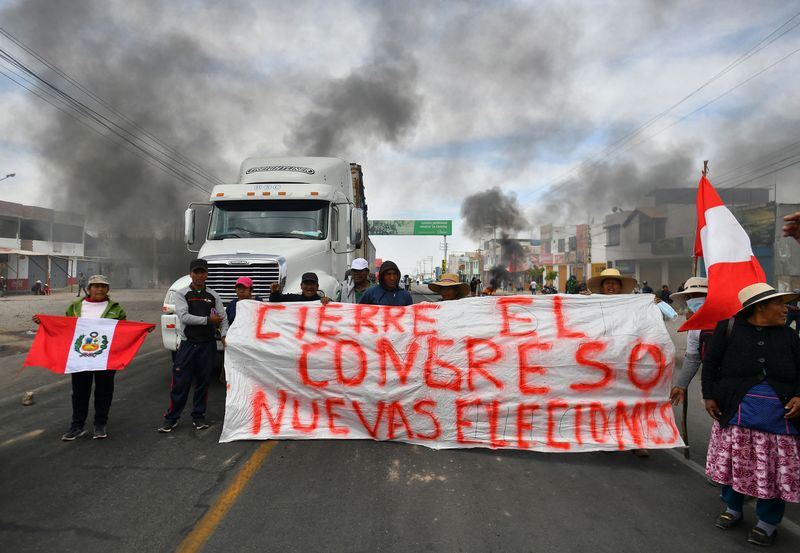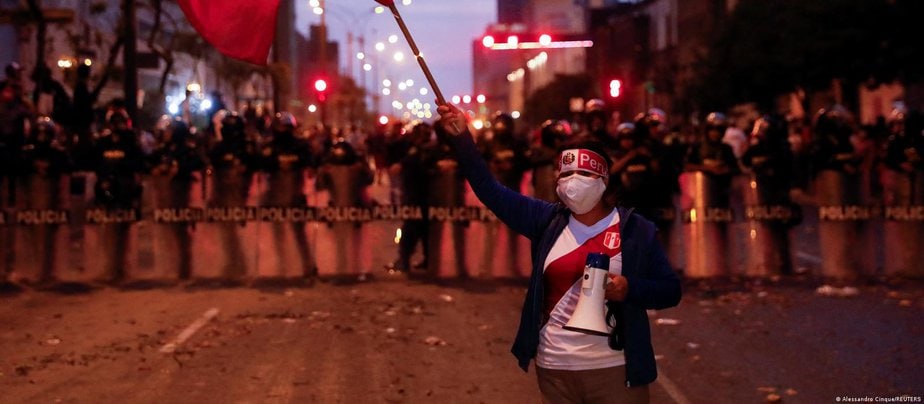Scenes of standoffs and clashes between protesters and police in Peru have peppered the media in Canada during the last week, a response to the latest political crisis to shake our South American neighbour.
On December 7, hours before what was to be his third impeachment hearing in the short 17 months he has occupied the office, President Pedro Castillo moved to dissolve Congress. He was arrested the same day, and shortly afterward Vice President Dina Bularte assumed his office. She is Peru’s sixth president in six years.
On learning of Castillo’s arrest, thousands of Peruvians took to the streets to protest his ouster. At least seven Castillo supporters have died so far in the violence.
Chronic instability has had and continues to have dire consequences for the Peruvian population. Any action by government is stalled, services are delayed. Much-needed development and reform is postponed indefinately. Civic unrest, which at least initially was concentrated mostly in the South, has disrupted supply lines and increased already high transporation fares. Food is not getting to market.

For our partners in Zaña, Chiclayo and Cajamarca, the current crisis has made already difficult conditions much more difficult. They know that vulnerable populations are always the most hurt. They also see that their programs to foster ethical and democratic leadership, to build resilient sustainable communities and to attend to basic needs, including food, among other initiatives, help people in their communities ride out crises like these and plant the seeds of a better future.
Heart-Links expresses our solidarity with the Peruvian people, who deserve so much better from their representatives in government. We are encouraged by the compassion, integrity and commitment of people like the leaders of Madre Oliva Association, Latidos, ACIES, Rural Libraries, Centro Santa Angela and Centro Esperanza—our partners. Their work offers hope for a better world for Peruvians and inspiration for people everywhere.

